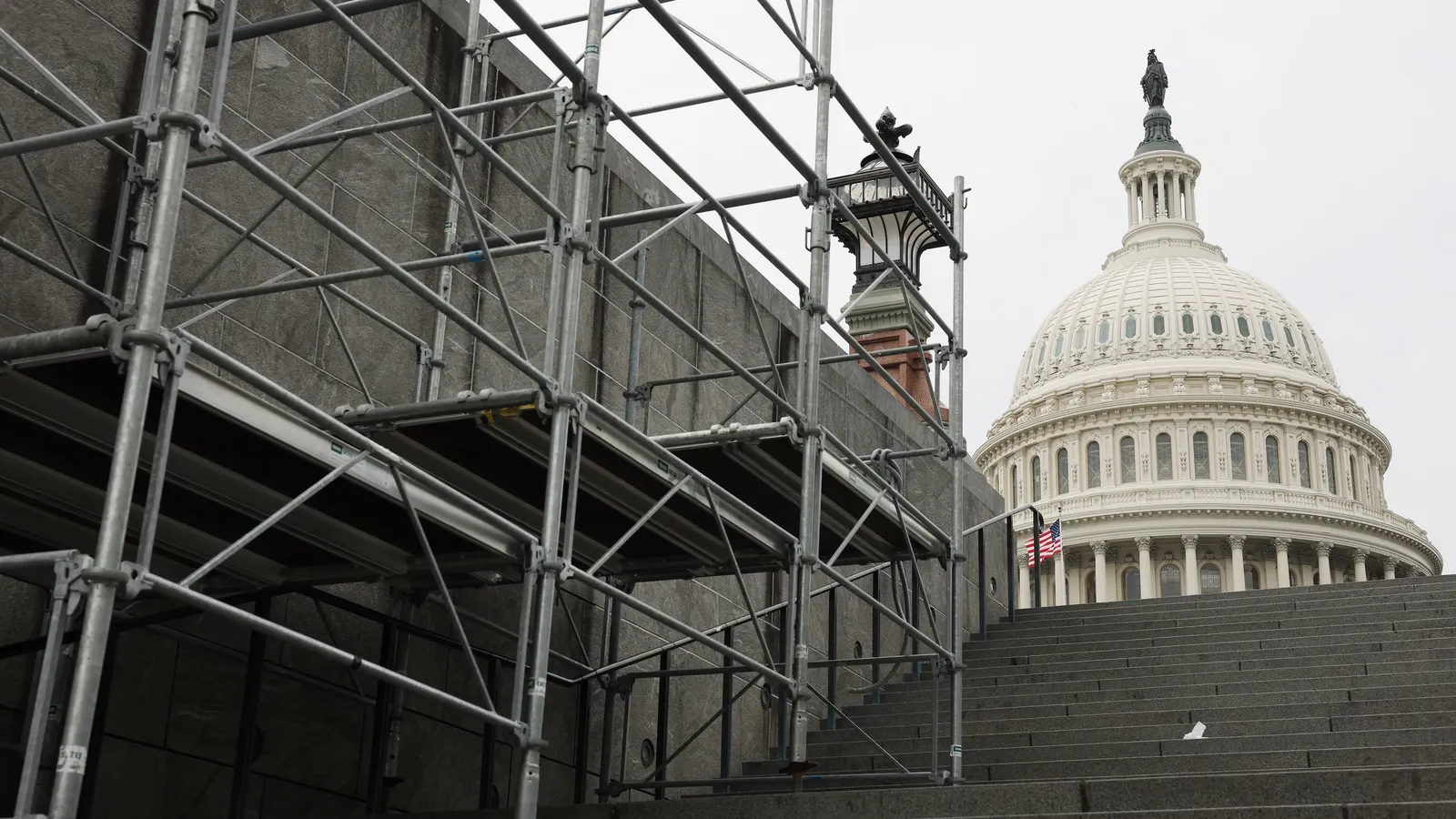The potential fallout from a government shutdown poses significant risks to the energy sector, particularly in terms of construction projects and regulatory approvals. As federal infrastructure and defense work face delays, the interconnected nature of the construction supply chain means that demand for materials and subcontractors will likely experience volatility. This situation not only threatens ongoing projects but also jeopardizes future initiatives aimed at enhancing energy infrastructure, which is crucial for meeting both current and future energy demands. The ripple effects could hinder progress in transitioning to renewable energy sources, thereby impacting the broader goals of energy sustainability and security.
To mitigate these risks, stakeholders must proactively engage with federal agencies to expedite approvals and maintain momentum on critical projects. Key insights suggest that fostering collaboration between contractors and government entities can help navigate the complexities introduced by a shutdown. By prioritizing communication and strategic planning, the energy sector can better position itself to withstand disruptions, ensuring that construction timelines remain intact and that the transition to a more resilient energy infrastructure continues unabated. The implications of these actions extend beyond immediate project timelines; they are essential for the long-term stability and growth of the energy sector in an increasingly uncertain regulatory environment.







